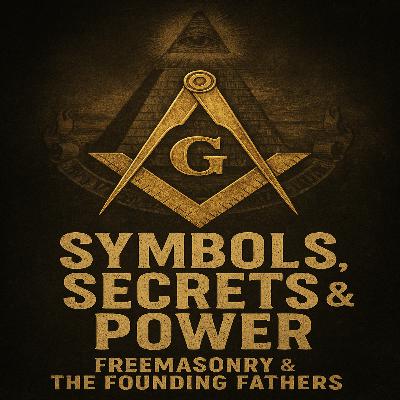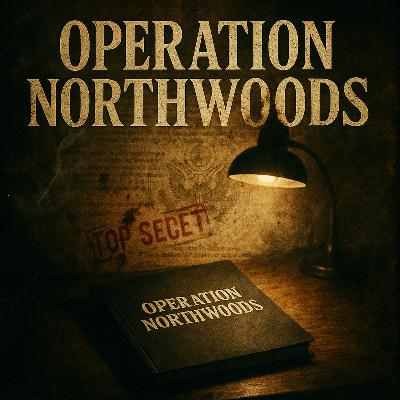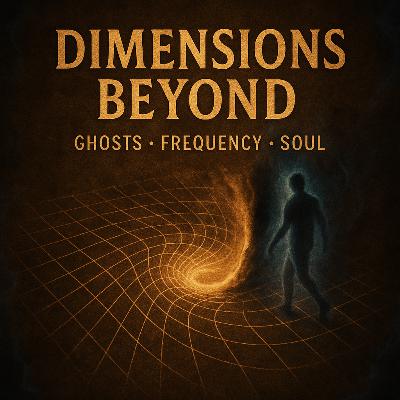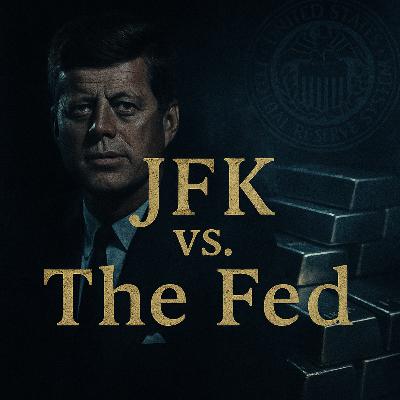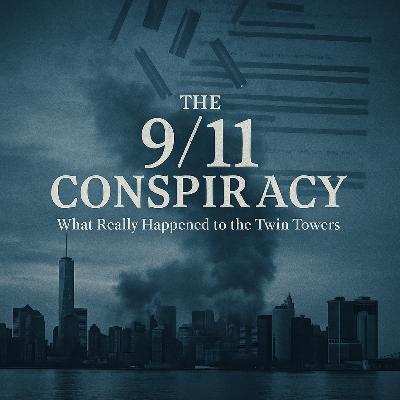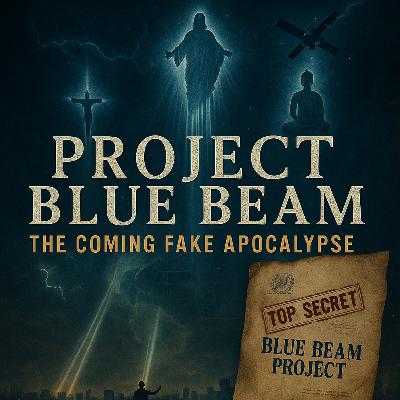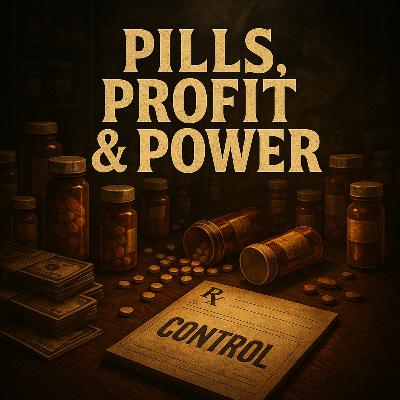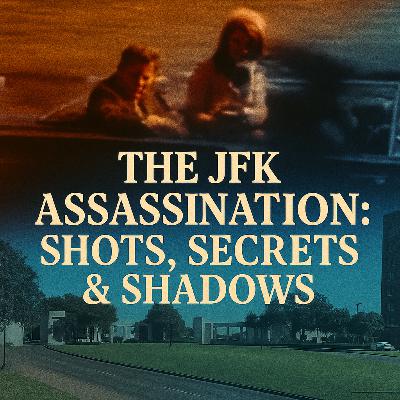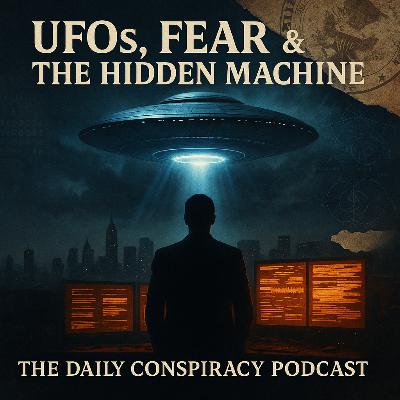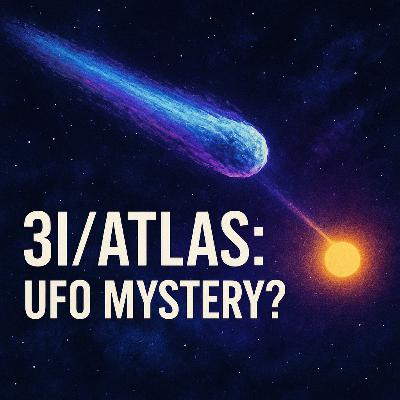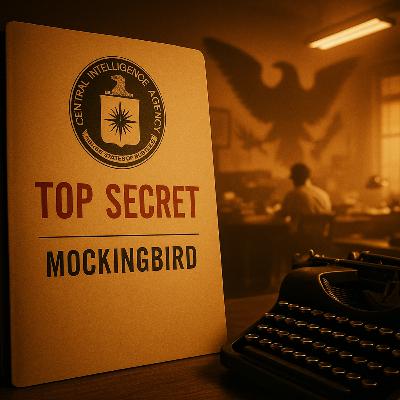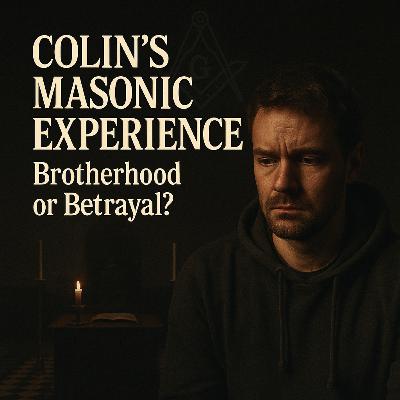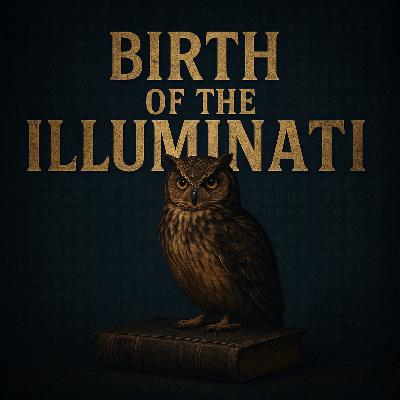Freemasonry and the Founding Fathers: Symbols, Secrets, and Power
Description
The truth isn’t whole… but your wardrobe can be. Explore The Broken Truth merch collection: https://thebrokentruthpodcast.printful.me/
When the term “Freemasonry” is mentioned, many imagine secret handshakes, coded symbols, and a brotherhood working behind the scenes of history. But the real story begins in the Enlightenment — with guilds of stonemasons evolving into a global fraternity that helped shape the ideals of liberty and reason.
In this episode of The Broken Truth Podcast, we uncover:
- How Freemasonry rose from medieval guilds to Enlightenment lodges
- The Founding Fathers who wore the Masonic apron and what it meant to them
- The meaning behind symbols like the all-seeing eye, the unfinished pyramid, and the compass and square
- The scandal of the 1826 Morgan Affair and how it ignited America’s first third party
- Whether Freemasonry still holds influence in modern society
🎧 Find all links and resources at:👉 Episode 2 Show Notes
If you enjoyed this episode, please subscribe, leave a review, join our Discord community, and support us on Patreon for deeper dives.
🔗 Discord: https://discord.gg/Sfagh6KtUH💌 Patreon: https://patreon.com/TheBrokenTruthPodcast
Copyright © 2025 Garrett Greene, The Broken Truth Podcast. All Rights Reserved.This podcast and all related content (audio, video, transcripts, and promotional materials) are the intellectual property of The Broken Truth Podcast. Unauthorized reproduction, distribution, or modification is strictly prohibited without prior written consent. You may share episodes freely for personal and non-commercial purposes, provided proper credit is given. Commercial use, re-uploading, or derivative works are not permitted without authorization.
Disclaimer:The views, opinions, and theories discussed in this podcast are for educational, historical, and entertainment purposes only. They do not represent established fact and should not be interpreted as professional advice. Listeners are encouraged to conduct their own research and form independent conclusions.

